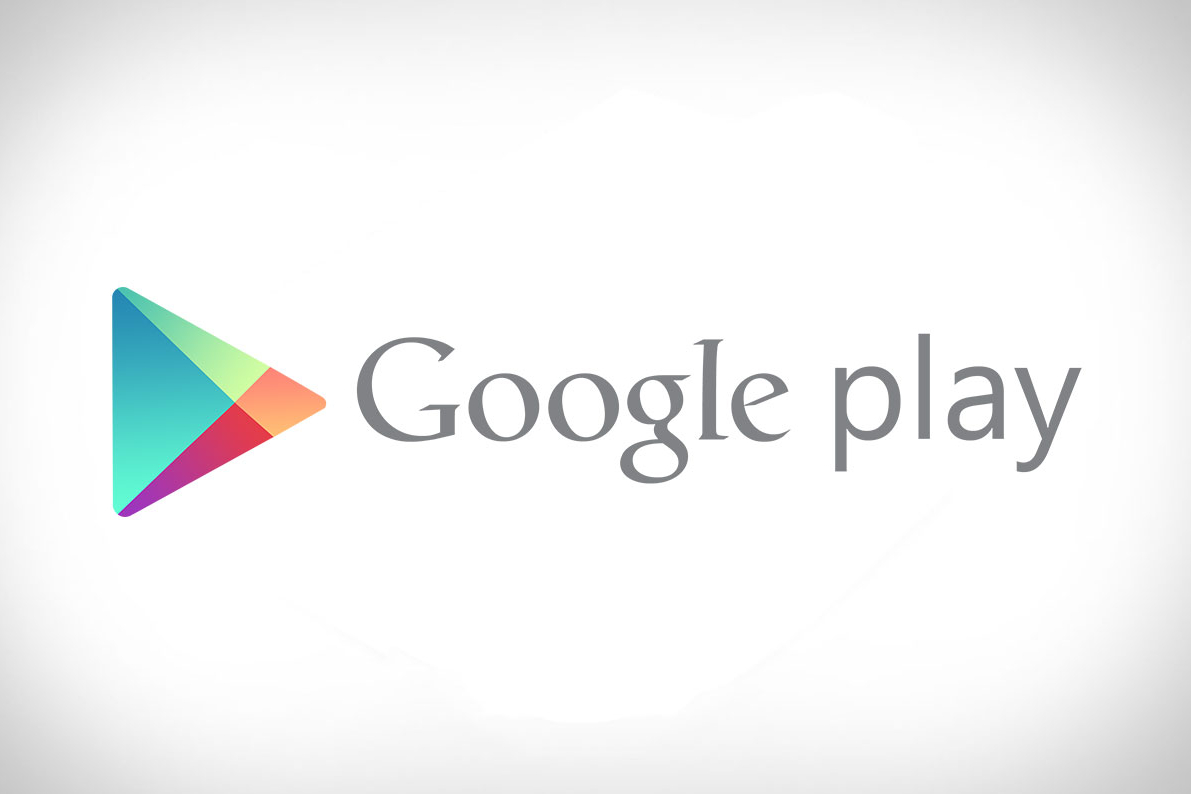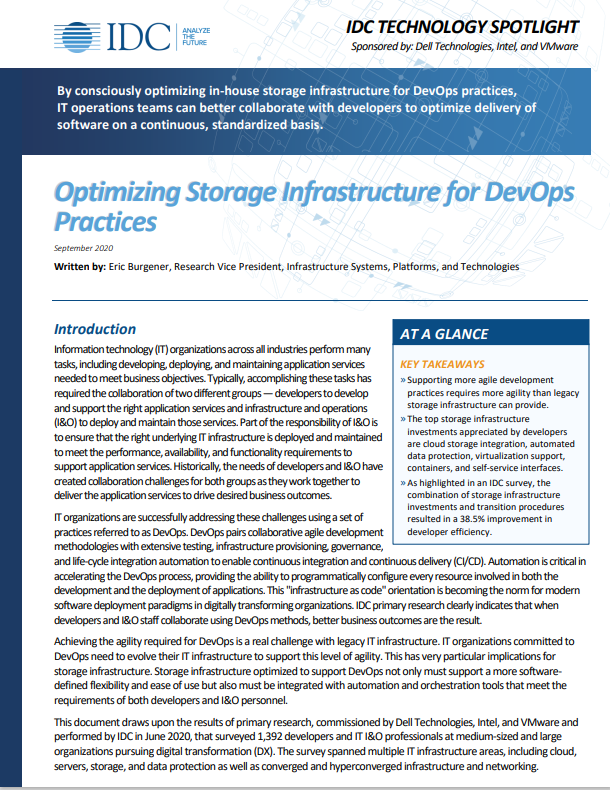Google strikes $90 million settlement with US developers over Play Store dispute
Tech giant will compensate developers that earned $2 million or less in annual revenue between 2016-2021


Google has agreed to compensate US app developers to the tune of $90 million as the tech giant moves to settle a lawsuit surrounding Play store policies.
Filed in San Francisco, the suit accuses Google of implementing and maintaining policies that forced them to use its billing system, which included a default 30% service fee for app purchases and in-app transactions.
Developers said this monopoly effectively prevented competition that would benefit all Android app developers across the ecosystem.
In a blog post, Google said the fund would be open to US developers that earned $2 million or less in annual revenue through Google Play each year from 2016-2021.
“A vast majority of U.S. developers who earned revenue through Google Play will be eligible to receive money from this fund if they choose,” it said. “If the Court approves the settlement, developers that qualify will be notified and allowed to receive a distribution from the fund.”
In a statement made by Hagens Berman, the law firm representing the plaintiffs, as many as 48,000 small app developers will be eligible to claim payment from the fund – with payments ranging from $250 to as much as $200,000.
“Today, nearly 48,000 hardworking app developers are receiving the just payment they deserve for their work product – something Google sought to profit from, hand over fist,” said Steve Berman, the law firm’s managing partner and an attorney representing the Android developers.
ChannelPro Newsletter
Stay up to date with the latest Channel industry news and analysis with our twice-weekly newsletter
“With this settlement, developers will have more room to grow and more money in their pockets to promote their hard efforts.”
A case was originally filed against Google back in 2020, which accused the business of building a monopoly through tactics that included anti-competitive contracts, strategic abuses of its Android distribution dominance, as well as exploitation of users’ fear of malware.
In response, the company cut the figure to 15% on the first $1 million earned by developers in each year. Play Store fees were later reduced to 15% for subscription-based apps and 10% for apps in select categories.
Now, in addition to the $90 million developer fund, Google says it will also maintain several existing practices and implement several new benefits to fuel innovation and trust.
These include the continuation of its 15% commission rate for the first $1 million earned annually, as well as a revision of its Developer Distribution Agreement, which will make it clear that developers can contact users out-of-app regarding subscription offers or lower-cost offerings elsewhere.
RELATED RESOURCE

Optimising storage infrastructure for DevOps practices
Maintaining IT infrastructure to best support application services
Additionally, Google is creating an “Indie Apps Corner” that will appear on the apps tab on the US Google Play homepage and will showcase independent and small startup developers building fresh and unique apps.
“We’re pleased that we worked with the developers to propose this agreement for the Court’s approval,” the Mountain View-based company concluded. “As the agreement notes, we remain confident in our arguments and case, but this settlement will avoid protracted and unnecessary litigation with developers, whom we see as vital partners in the Android ecosystem.
“We remain steadfast in our commitment to building thriving, open platforms that empower consumers and help developers succeed.”
Dan is a freelance writer and regular contributor to ChannelPro, covering the latest news stories across the IT, technology, and channel landscapes. Topics regularly cover cloud technologies, cyber security, software and operating system guides, and the latest mergers and acquisitions.
A journalism graduate from Leeds Beckett University, he combines a passion for the written word with a keen interest in the latest technology and its influence in an increasingly connected world.
He started writing for ChannelPro back in 2016, focusing on a mixture of news and technology guides, before becoming a regular contributor to ITPro. Elsewhere, he has previously written news and features across a range of other topics, including sport, music, and general news.
-
 Why keeping track of AI assistants can be a tricky business
Why keeping track of AI assistants can be a tricky businessColumn Making the most of AI assistants means understanding what they can do – and what the workforce wants from them
By Stephen Pritchard
-
 Nvidia braces for a $5.5 billion hit as tariffs reach the semiconductor industry
Nvidia braces for a $5.5 billion hit as tariffs reach the semiconductor industryNews The chipmaker says its H20 chips need a special license as its share price plummets
By Bobby Hellard